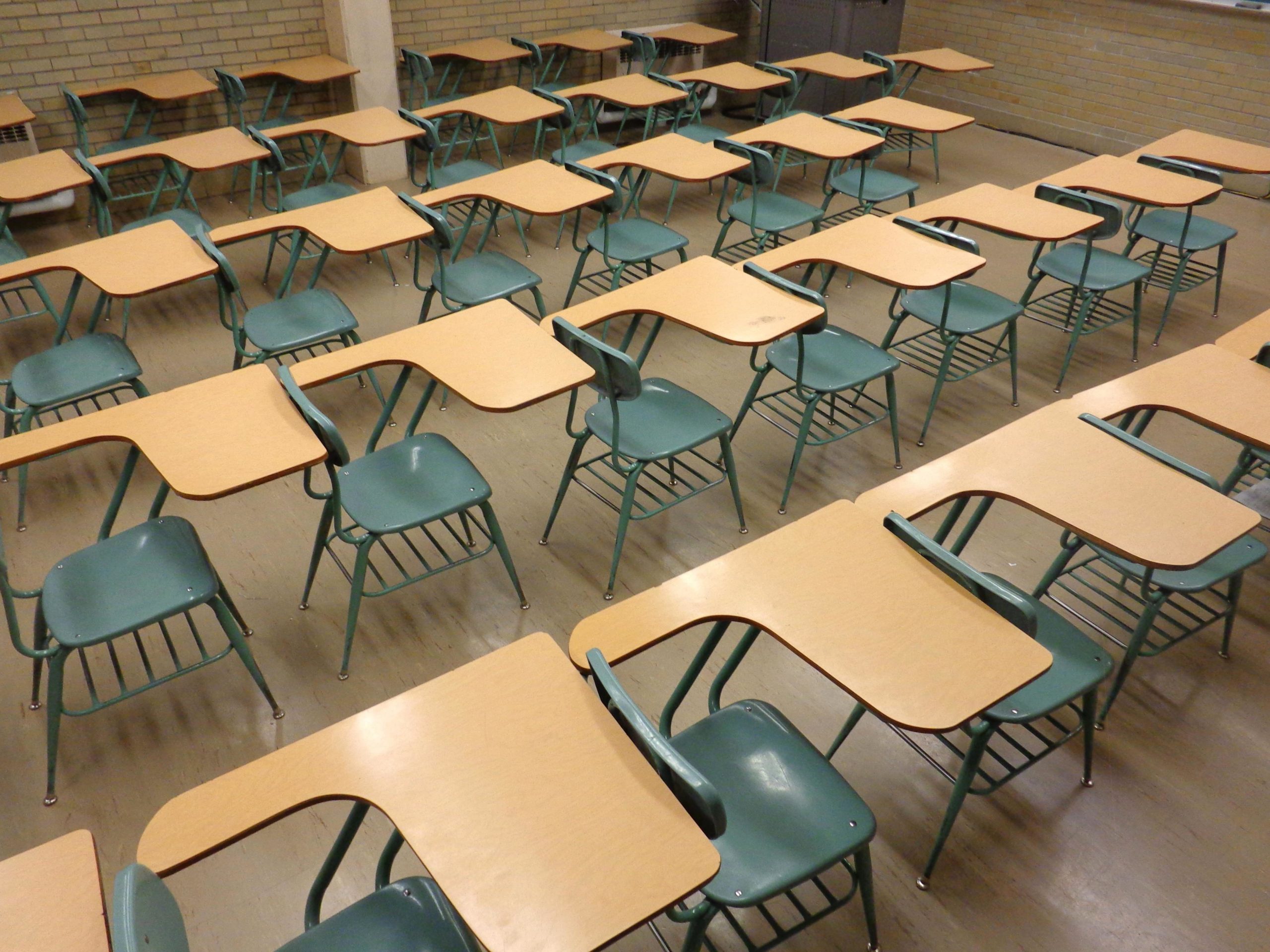In Kentucky, the legislature passed a constitutional amendment allowing laws to provide state funding for non-public education. The amendment will appear on the ballot for voters to decide on Nov. 5, 2024.
State Rep. Suzanne Miles (R-7) introduced the constitutional amendment as House Bill 2 (HB2). The constitutional amendment was approved by the Kentucky House of Representatives on March 13, with a vote of 65-32, and by the Kentucky State Senate on March 15, with a vote of 27-8. In Kentucky, for a constitutional amendment to be placed on the ballot, it must receive a three-fifths (60%) majority in both houses of the state legislature. Following legislative approval, the amendment does not require the governor's signature but must be ratified by the voters in a general election.
The measure would add language to the Kentucky Constitution saying that “the General Assembly may provide financial support for the education of students outside the system of common schools.” In the Kentucky Constitution, K-12 public schools are referred to as common schools.
The amendment also says that "the General Assembly may exercise this authority by law, Sections 59, 60, 171, 183, 184, 186, and 189 of this Constitution notwithstanding." In the Kentucky Constitution, Section 183 provides for the General Assembly to provide for "an efficient system of common schools throughout the state," Section 186 provides that "all funds accruing to the school fund shall be used for the maintenance of the public schools of the Commonwealth, and for no other purpose," and Section 189 provides that "No portion of any fund or tax now existing ... shall be appropriated to, or used by, or in aid of, any church, sectarian or denominational school."
In 2023, a state circuit court invalidated a bill allocating state funding to charter schools, declaring it unconstitutional because charter schools are private entities and do not fulfill the constitutional criteria of being common schools. In 2022, the Kentucky Supreme Court overturned a law offering tax credits for contributions made toward private school tuition.
State Sen. Steve West (R-27), who supports the amendment, said that voters should be able to decide on the measure. He said, “This is an opportunity to do something different. And if people don’t want it, they can vote it down … Why do we need school choice? We can do better. Everyone here in the educational space agrees.”
State Sen. Damon Thayer (R-17), who also supports the amendment, said, “The minority party and the education establishment here in Kentucky continue to protect the status quo despite the shift that is happening nationwide in blue cities and blue states in favor of more and more ‘school choice.”
Opponents of the amendment include Gov. Andy Beshear (D), the Council for Better Education (CBE), and the Kentucky Education Association.
Tom Shelton, spokesperson for the Council for Better Education, said that the amendment would take state funds from public schools. He said, “The passage of HB 2 represents a grave misstep for our state. It paves the way for public dollars—funds meant to support the education of every child in Kentucky—to be funneled into unaccountable, private institutions that are not held to the same standards of accountability and transparency as our public schools.”
State Sen. Cassie Chambers Armstrong (D-19) also opposed the amendment, saying, “I worry ... that we are so desperate to pass this amendment and give money to private schools and take it way from our public schools that we are risking shredding the Kentucky constitution to make that happen.”
Voters will decide on at least two constitutional amendments on Nov. 5, 2024. The other amendment would provide that "No person who is not a citizen of the United States shall be allowed to vote in this state."



